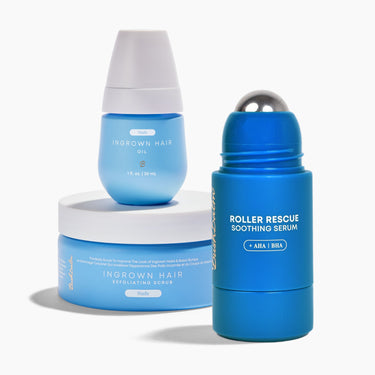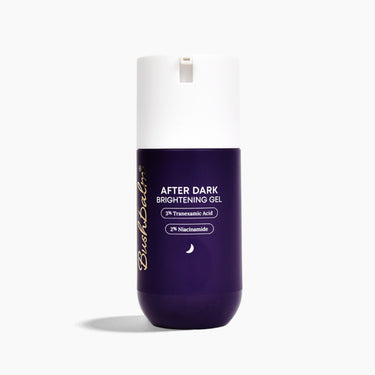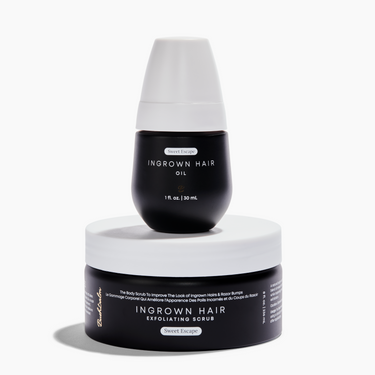What you need to know about Coconut Oil on your bikini area
In this article we will go through a common skincare tip that has repercussions. Coconut Oil is widely used, whether it's on your skin or in cooking. Expect to learn why you may want to avoid coconut oil near your bikini area.
Coconut Oil can clog pores
Since Coconut Oil is non-comedogenic it's known to clog pores. If you are prone to acne this is one reason why you'd want to avoid Coconut Oil, especially on your face. Since your bikini area is sensitive and thinner skin you want to avoid Coconut Oil if your pores are receptive to being clogged.

Why do clogged pores matter on your bikini line?
Your bikini line is an area that is often covered in clothing making it far more sensitive than most areas. Additionally, the layer of skin can be receptive to moisturizers quite efficiently. This means the pores are likely to take in what they can get, which is why a Coconut Oil isn't ideal to moisturize your bikini line, as it will clog pores.
What is the pH of Coconut Oil?
The pH of the vagina is quite acidic at pH 3.5-4.7. Coconut oil is typically around a pH of 5 and some raw coconut oil up to 7. At a higher pH level coconut oil has the ability to disrupt the natural pH of the vagina, which is one reason why you should be cautious using it in your bikini area.
Using Coconut Oil as Lube
Since Coconut Oil has a higher pH level you should be cautious and look at using a lube with a balanced pH level.
What is Coconut Oil great for?
- Coconut oil is great for crepey skin
- Coconut oil is great for areas where you may not worry about clogging your pores
- Coconut oil is surprisingly great for cooking.
What are great alternatives for coconut oil on your bikini line?
We recommend focusing on areas when choosing a bikini line oil:
- Any oil that is non-comedogenic (won't clog pores)
- Try for anything containing jojoba oil and other carrier oils typically used on the face.
Product Alternatives to Coconut Oil on Your Bikini Line
























